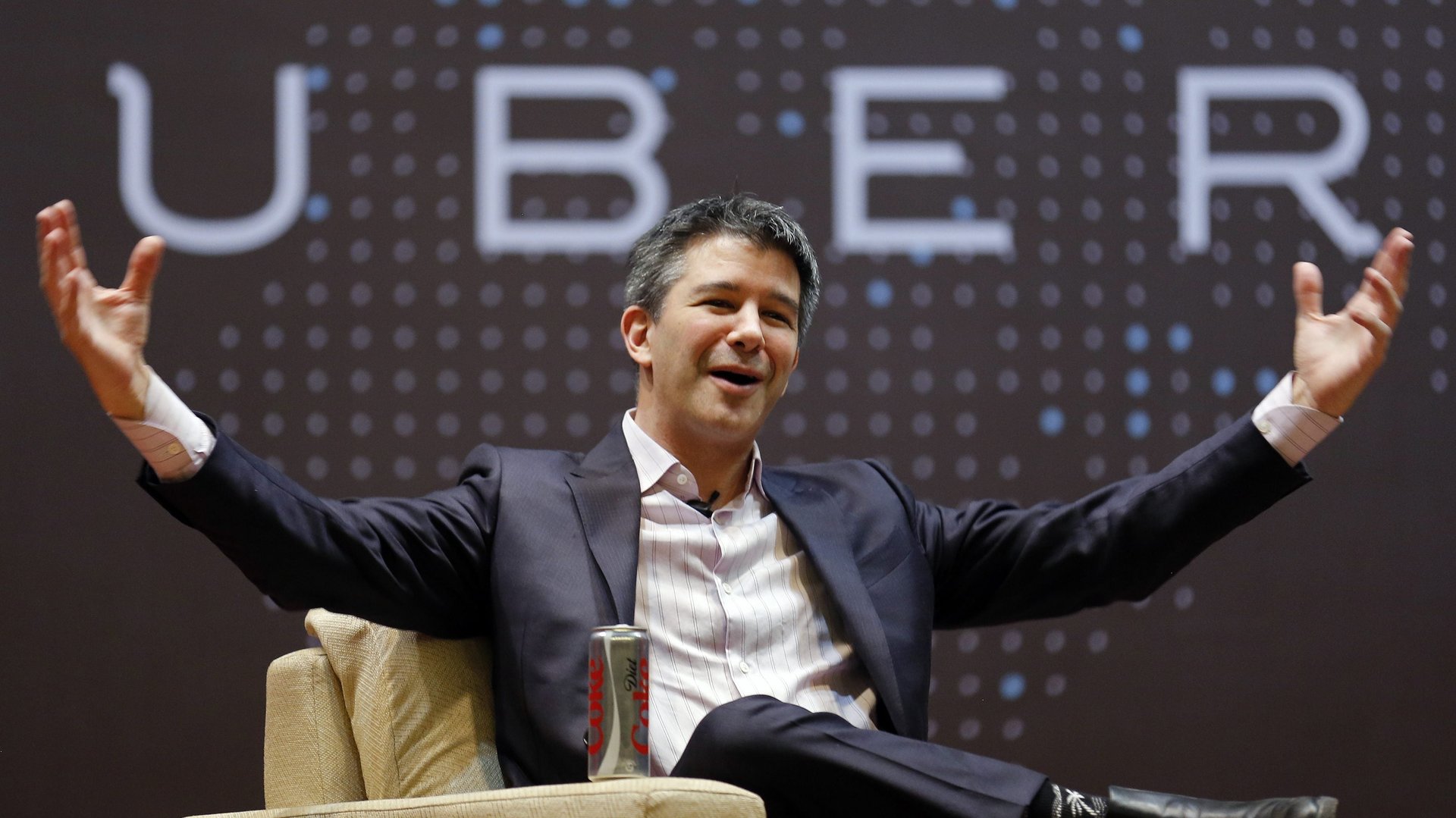Waymo has settled its trade secrets lawsuit against Uber
Waymo has settled its trade secrets lawsuit against Uber.


Waymo has settled its trade secrets lawsuit against Uber.
The ride-hailing company and Google’s maker of driverless cars announced the settlement in US district court in San Francisco this morning (Feb. 9), on the fifth day of a trial expected to last weeks. In addition to an agreement not to incorporate Waymo’s confidential information into its hardware and software, Uber agreed to pay Waymo 0.34% of Uber’s closely held stock, or about $245 million at Uber’s valuation of $72 billion during Series G-1 round.
Waymo brought the suit in February 2017. The company alleged that Uber had stolen its trade secrets by acquiring Otto, a small, little-known driverless trucking company started by former Waymo employee Anthony Levandowski. Waymo alleged Levandowski had downloaded 14,000 confidential files, including trade secrets, shortly before he quit to start Otto, which he quickly cut a deal to sell to Uber.
Uber has maintained there’s no evidence that the files Levandowski downloaded contained trade secrets, or that the information made it into Uber’s technology and designs.
“To be clear, while we do not believe that any trade secrets made their way from Waymo to Uber, nor do we believe that Uber has used any of Waymo’s proprietary information in its self-driving technology, we are taking steps with Waymo to ensure our Lidar and software represents just our good work,” Uber CEO Dara Khosrowshahi said in a statement.
Waymo’s case against Uber had so far been cinematic, but touched little on actual secrets. The company has unearthed hundreds of pages of internal Uber documents, notes, and texts. It questioned Uber co-founder and former CEO Travis Kalanick for nearly three hours, asking about everything from his knowledge of the Otto acquisition (he admitted to not reading the merger or indemnification agreements) to his video-gaming habits and use of phrases like “cheat codes.”
“We have reached an agreement with Uber that we believe will protect Waymo’s intellectual property now and into the future,” a Waymo spokesman said in a statement. “We are committed to working with Uber to make sure that each company develops its own technology.”
A separate investigation may be ongoing into Levandowski’s actions. William Alsup, the federal judge overseeing the case, referred it to federal prosecutors in May 2017 for possible criminal charges.